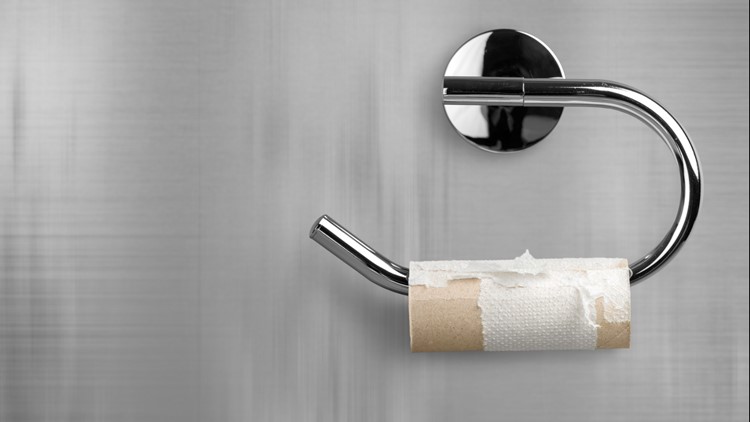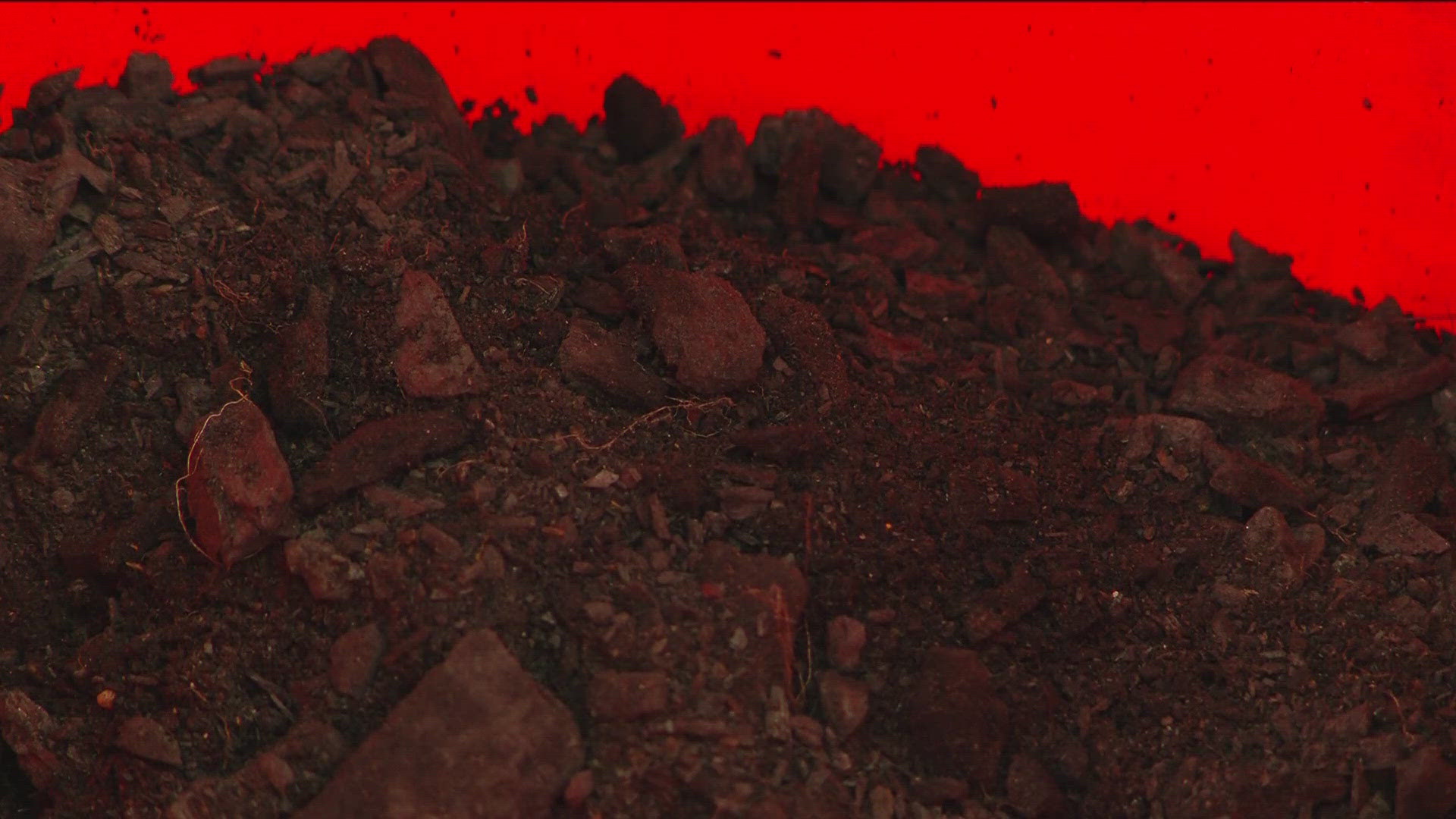The Minnesota Pollution Control Agency is advising Minnesotans not to flush items other than toilet paper into sewer systems.
"With the coronavirus outbreak, many people have stocked up on staples like toilet paper, leading to a shortage in some places. This ... may cause consumers to use alternative products such as paper towels, facial tissues, baby wipes, disposable wipes, and other similar items," the MPCA wrote in a news release. "These products — even those labeled 'flushable' — do not break down like toilet paper and can clog pipes, leading to sewer backups and costly repairs."
The MPCA says wipes and other non-toilet paper products should be placed in the trash instead of flushed down the toilet.
The agency posted a video on its YouTube page, demonstrating how wipes do not break down the same way toilet paper does.
In a post to its website, the MPCA also points out the costs of clogged sewer systems for some MInnesota communities. For instance, the agency says the city of Minnetonka has 8 to 10 clogs and backups caused by wipes every year on average, costing the city $1,000 to $1,500 each time. In the central Minnesota town of Avon, the city spent $73,000 to lift sewer system pumps to clear a clog cause by wipes.
The MPCA says its flushing guidance applies to both municipal sewer systems and on-site sewer systems in rural areas.
RELATED: You've got the coronavirus, now what? Doctors say there is a simple treatment plan for most cases
KARE 11’s coverage of the coronavirus is rooted in Facts, not Fear. Visit kare11.com/coronavirus for comprehensive coverage, find out what you need to know about the Midwest specifically, learn more about the symptoms, and keep tabs on the cases around the world here. Have a question? Text it to us at 763-797-7215. And get the latest coronavirus updates sent right to your inbox every morning. Subscribe to the KARE 11 Sunrise newsletter here. Help local families in need: www.kare11.com/give11.
The state of Minnesota has set up a hotline for general questions about coronavirus at 651-201-3920 or 1-800-657-3903, available 7 a.m. to 7 p.m.
More information on the coronavirus:



